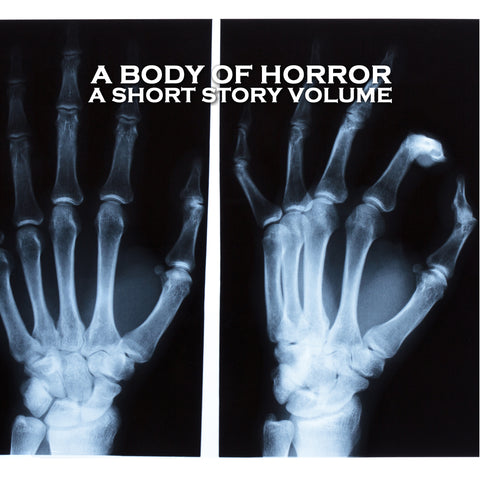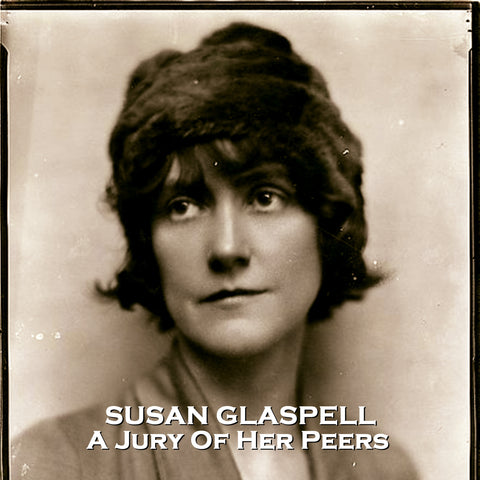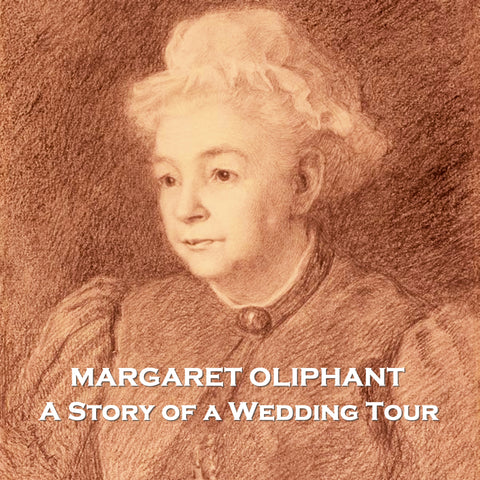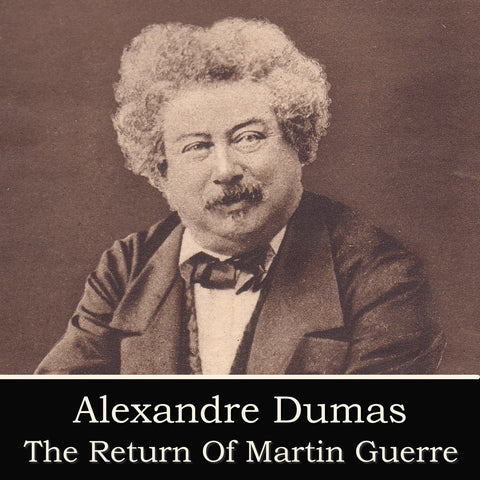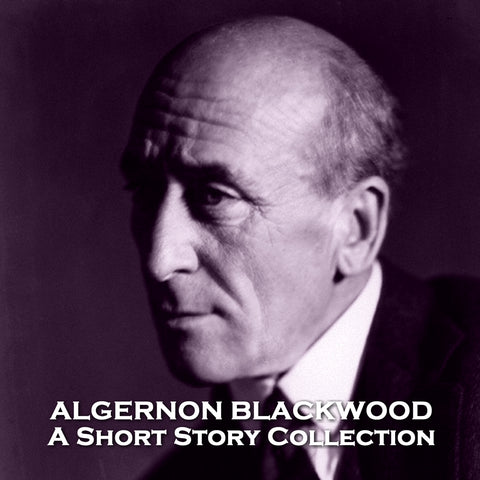Your cart is empty now.
Read by David Shaw-Parker (Unabridged: 43mins)
Gibran Khalil Gibran was born on 6th January 1883 in the village of Bsharri, Beirut Vilayet, then part of the Ottoman Empire
His mother took him and his siblings to the United States in 1895 where he was enrolled into a Boston school and his creative talents soon noted. He was sent home to be schooled at the Collège de la Sagesse in Beirut but returned to Boston following the death of his youngest sister in 1902. Within a year his mother had also died.
In 1904, Gibran's drawings were displayed for the first time and, a year later, his first book, in Arabic, was published in New York City. With financial help from a benefactress he studied art in Paris from 1908 and here his path crossed with dissident Syrian exiles. Over the years he would meet many more like-minded exiles who were exploring ways to overthrow the yoke of the Ottoman Empire.
By 1911 he had settled in New York working on his drawings and paintings which were now being regularly exhibited. His writing was also attracting much attention and gaining an audience.
His first book in English, ‘The Madman’ became an international phenomenon. Whilst his writing has overshadowed his visual works there is no doubt that a copy of ‘The Mad Man’ is never far from any bookshelf. This and other works have ensured his stature as an artist is world-wide and that it continues into these more modern times. Gibran was regarded as a literary rebel and a leading figure of the Arabic literary Renaissance and made influential contributions to Western poetry, stories and thought.
Khalil Gibran died on 10th April 1931 in New York City from cirrhosis and incipient tuberculosis in one lung. He was 48.
Gibran was one of a number of Arab intellectuals and writers who lived in the United States at the beginning of the twentieth century and who had a great influence on the development of modern Arabic literature through the exploration of Western literary movements. The group was presided over by Gibran himself and was baptized Arrabitah, or “The League.” Its influence is acknowledged as fundamental.
His short story writings are often overlooked. They should not. Madame Rose Hanie is an exquisite short story that unravels the real calling of love and its experience in a society where women were too often treated as second-class. Rose Hanie thinks very differently.



